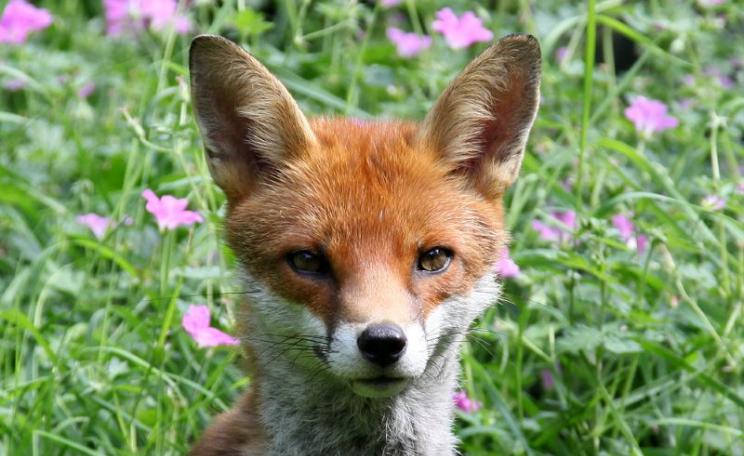The furore surrounding plans for an 8,100-cow dairy farm in Lincolnshire masks the fact that much of the milk we drink already comes from industrial-scale farms, according to industry figures.
Nocton Dairies Ltd has submitted a planning application for what will be the UK’s largest dairy farm, just south of Lincoln, producing up to 250,000 litres of milk per day.
What do you think? Comment here
Opponents of the scheme have expressed concerns about animal welfare, the spread of disease and the effect on smaller scale dairy farmers.
Bigger farms
However, farming analysts said the size of the dairy unit was not surprising and was 'symbolic of an ongoing trend' towards increasingly large farms.
Figures for 2008/9 from the industry body, DairyCo, show that 22 per cent of milk consumed in Great Britain comes from dairy farms with 290 or more cows. The figure rises to almost 60 per cent when you include dairy farms with 150 or more cows.
'The industry is moving towards larger scale and zero-grazing units,' said Hugh Bowles from the Organic Milk Suppliers Cooperative (OMSCo), a cooperative of around 500 British organic dairy farmers. 'And all the industry drivers are pushing the farmers in that direction.'
Penalising small farms
Bowles said the per litre milk price given to smaller scale dairy farms was sometimes as little as half that given to larger farms. 'It is more expensive to pick up 500 litres than 5,000 litres of milk,' he said.
However, Bowles warned against the rush for economies of scale.
'A lot of people are putting in bigger units, but in the past they have not lasted long because they are dependent on getting a good return. All the incentives for producers are to get larger and larger, but it is not necessarily proven that they are more profitable,' he said.
Small opportunity
The Royal Association of British Dairy Farmers (RABDF) said the dairy industry needed a debate on 'whether this is where it wants to take itself'.
'The 8,000 cow dairy businesses do exist in China and for them it might be the way to go to feed themselves. But biggest is not always necessarily best,' said RABDF vice-chairman David Cotton.
He added that he believed there would always be room for small-scale dairy farms in the UK, especially with the boom in local and regional dairy producers.
Useful links
Nocton Dairies
DairyCo
| READ MORE... | |
 |
INTERVIEW Robert Kenner: Big Food will do everything to stop you talking about this Filmmaker Robert Kenner's documentary Food Inc has shocked audiences across the US with its stark portrayal of industrial agriculture. And that's just the bits the lawyers let you see... |
 |
NEWS Vets turn to African herbs as animal drugs stop working The west's veterinary drug drive is not working, say animal disease scientists who have started researching the effectiveness of plant-based treatments used in Ethiopia |
 |
GREEN LIVING Beef: an interactive buyer's guide Do you know your clod from your foreshin? Learn more about rare, cheap cuts of beef (and why local and well-hung meat is best) in this interactive guide from chef Darina Allen |
 |
NEWS China using 'mind blowing' amount of fertiliser Overuse of nitrogen fertilisers in China is leading to rapid soil acidification and is causing lasting damage to ecosystems, according to soil study |
 |
NEWS Food crisis 'hidden' from public say campaigners Government is talking about issues like food security, climate change and oil dependency but failing to take the 'inconvenient' but necessary action says the Soil Association |







